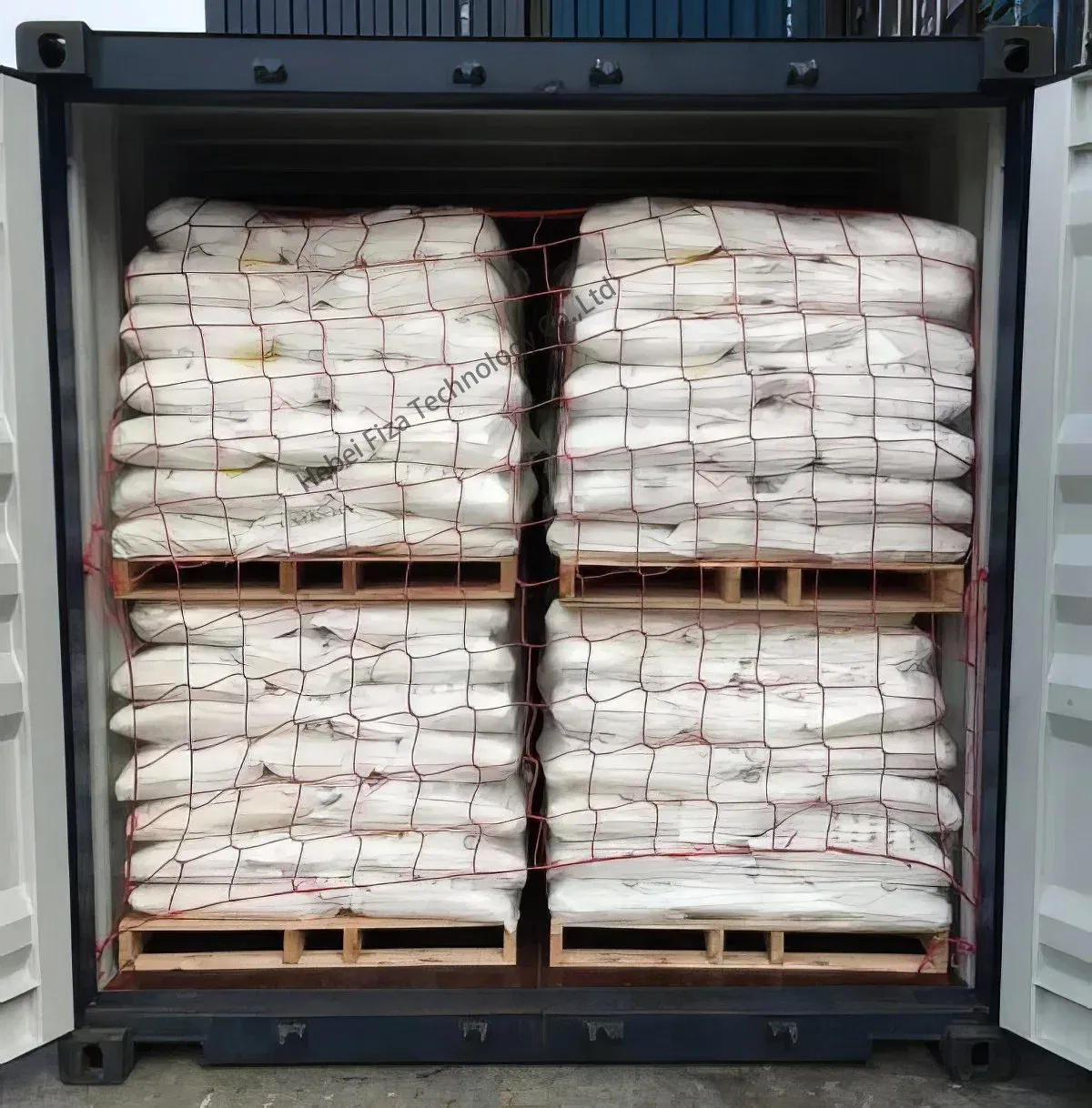



chemicals for industrial water treatment
Chemicals for Industrial Water Treatment An Essential Overview
Water is a vital resource that supports countless industrial processes ranging from manufacturing to energy generation. However, industrial water often contains impurities, including heavy metals, organic compounds, and biological contaminants, which can adversely affect production efficiency and environmental safety. Thus, effective water treatment is crucial, and various chemicals are employed to achieve this. This article explores the common chemicals used in industrial water treatment, their functions, and the importance of using them correctly.
1. Coagulants
Coagulants are chemicals that promote the aggregation of suspended particles in water. They are essential in the removal of colloidal substances and other impurities that could obstruct industrial processes. Common coagulants include alum (aluminum sulfate), ferric chloride, and polyaluminum chloride. These substances work by neutralizing the charge on particles, causing them to clump together so they can be more easily removed through sedimentation or filtration. The choice of coagulant depends on the specific water quality and treatment goals, as well as factors like pH and temperature.
2. Flocculants
Flocculants serve a similar purpose to coagulants but have a different mechanism of action. While coagulants initiate the aggregation of particles, flocculants enhance the process by forming larger, more easily removed floc clusters. Common flocculants include polyacrylamide and various natural organic polymers. They increase the size of the suspended particles, facilitating their removal through sedimentation or filtration. Flocculants are particularly important in industries like paper manufacturing and wastewater treatment, where the removal of suspended solids is critical.
3. Disinfectants
Disinfection is a critical step in the treatment of water, particularly for industrial processes involving cooling systems or product formulation where purity is essential. Chemicals such as chlorine, chloramines, and ozone are commonly used as disinfectants to eliminate harmful microorganisms. Chlorine is widely favored for its effectiveness and cost-efficiency; however, regulations regarding the formation of disinfection byproducts can necessitate the careful control of its use. Ozone, while more expensive, is an increasingly popular alternative due to its powerful oxidizing properties and ability to break down organic contaminants without leaving harmful residues.
chemicals for industrial water treatment

4. pH Adjusters
Maintaining the correct pH level is vital in water treatment, as it affects the solubility of various contaminants and the effectiveness of other treatment chemicals. Common pH adjusters include sulfuric acid, sodium hydroxide, and lime. Tailoring the pH of water not only enhances the efficiency of coagulants and disinfectants but also protects equipment from corrosion and scaling. Industrial applications often require careful monitoring and adjustment to maintain optimal conditions.
5. Corrosion Inhibitors
In many industrial settings, water is in contact with metal surfaces that can corrode over time, leading to significant maintenance costs and potential safety hazards. Corrosion inhibitors, such as phosphonates and nitrites, help to minimize corrosion rates by forming protective films on the metal surfaces. Implementing these chemicals is essential for extending the lifespan of piping systems and reducing downtime associated with equipment failure.
6. Scale Inhibitors
Scale formation can occur in various industrial processes due to precipitation from dissolved minerals such as calcium and magnesium. Scale inhibitors, including polyphosphates and organic polymers, help to prevent the crystallization of these minerals, maintaining efficient water flow and heat exchange in systems like boilers and cooling towers. The effective use of scale inhibitors is crucial in industries such as power generation and oil refining.
Conclusion
The use of chemicals for industrial water treatment is essential for ensuring the efficiency, safety, and environmental compliance of various industrial processes. By employing coagulants, flocculants, disinfectants, pH adjusters, corrosion inhibitors, and scale inhibitors, industries can effectively manage water quality and minimize the negative impacts associated with waterborne contaminants. However, it is crucial to select the appropriate chemicals based on specific water quality parameters and treatment objectives. As industries evolve and regulations become more stringent, the continuous development and optimization of water treatment chemicals will remain an essential focus for enhancing productivity and sustainability in the industrial sector.
-
Why Sodium Persulfate Is Everywhere NowNewsJul.07,2025
-
Why Polyacrylamide Is in High DemandNewsJul.07,2025
-
Understanding Paint Chemicals and Their ApplicationsNewsJul.07,2025
-
Smart Use Of Mining ChemicalsNewsJul.07,2025
-
Practical Uses of Potassium MonopersulfateNewsJul.07,2025
-
Agrochemicals In Real FarmingNewsJul.07,2025
-
Sodium Chlorite Hot UsesNewsJul.01,2025










